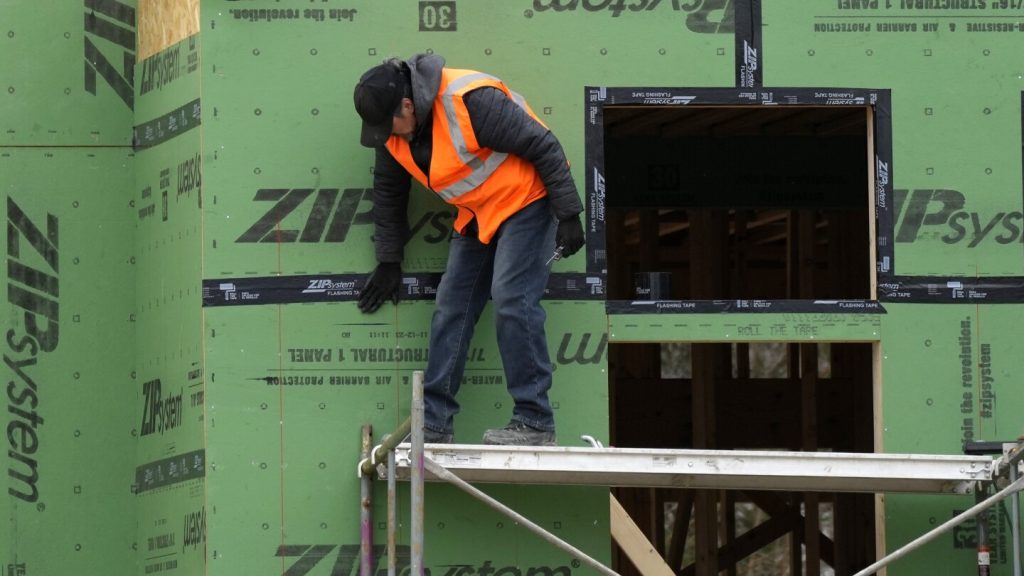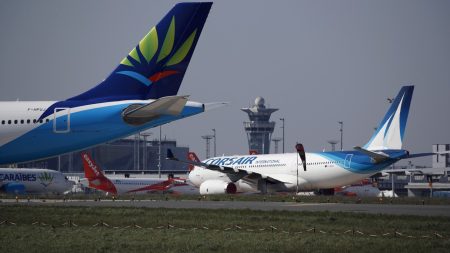The number of Americans filing for jobless benefits fell last week but remains slightly elevated. The Labor Department reported that jobless claims for the week of August 3 fell by 17,000 to 233,000, which was lower than analysts’ expectations. Despite trending higher recently, weekly unemployment claims are at historically healthy levels. Continuing claims, representing the total number of Americans collecting unemployment benefits, rose by 6,000 to 1.88 million, the most in over three years. However, analysts do not find this particularly worrisome.
Following last week’s disappointing jobs data for July, concerns arose that the economy might be heading towards a recession. However, most economists have since noted that the July jobs report does not signal a recession. While the economy is slowing down, it remains resilient. The fact that continuing claims for unemployment aid only slightly increased last week provided reassurance amidst fears of a recession. Wall Street reacted positively to the better-than-expected layoffs number, with stocks opening higher as investors welcomed the news.
The Federal Reserve is expected to begin cutting its benchmark rate by a modest quarter-point at their upcoming mid-September meeting. Following 11 rate hikes between 2022 and 2023 to combat high inflation, the Fed is now focused on supporting the economy with gradually lower borrowing rates. Filings for unemployment benefits have consistently increased since May, averaging around 232,000 per week. The recent uptick in unemployment claims is a continuation of the moderation seen in the labor market.
Recent economic data has revealed a slowing U.S. economy, with manufacturing activity shrinking and its contraction accelerating. High interest rates have taken a toll on various sectors, including manufacturing and the housing market. Retail sales remained flat in June, indicating that Americans are cautious about their spending. While none of this data definitively predicts an imminent recession, experts believe it builds a case for the Fed to lower its benchmark rate in September. Job cuts have been observed across different sectors this year, signaling some challenges in the job market.
Overall, the U.S. economy is facing some headwinds, but economists are optimistic that a recession is not imminent. While the economy is slowing down, it remains robust. The recent decline in jobless claims is a positive sign, indicating that the labor market is stable despite some challenges. Moving forward, the actions of the Federal Reserve will be closely watched as they navigate the shifting economic landscape. As uncertainty lingers, a cautious approach is being taken by policymakers and analysts to ensure the ongoing health and stability of the U.S. economy.














